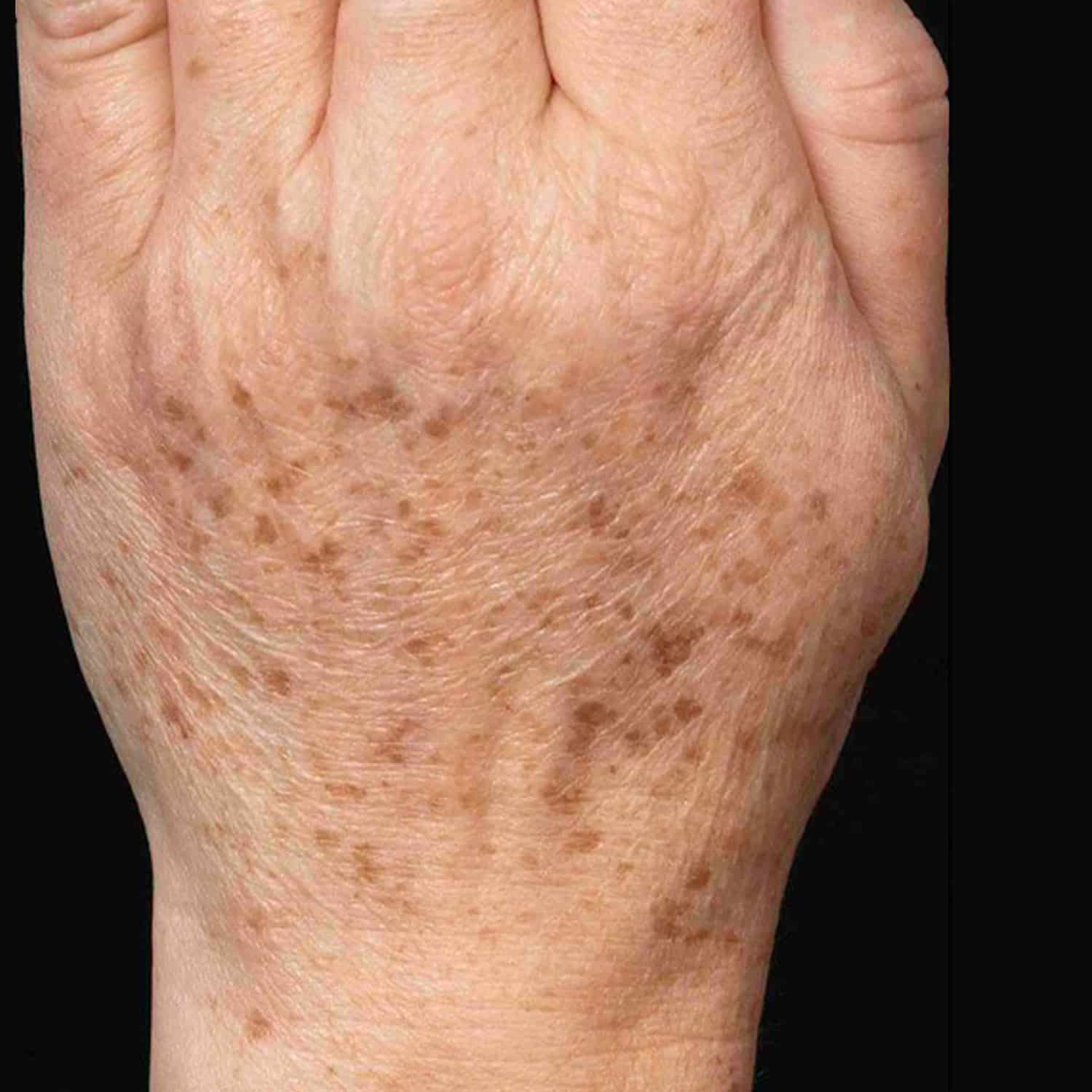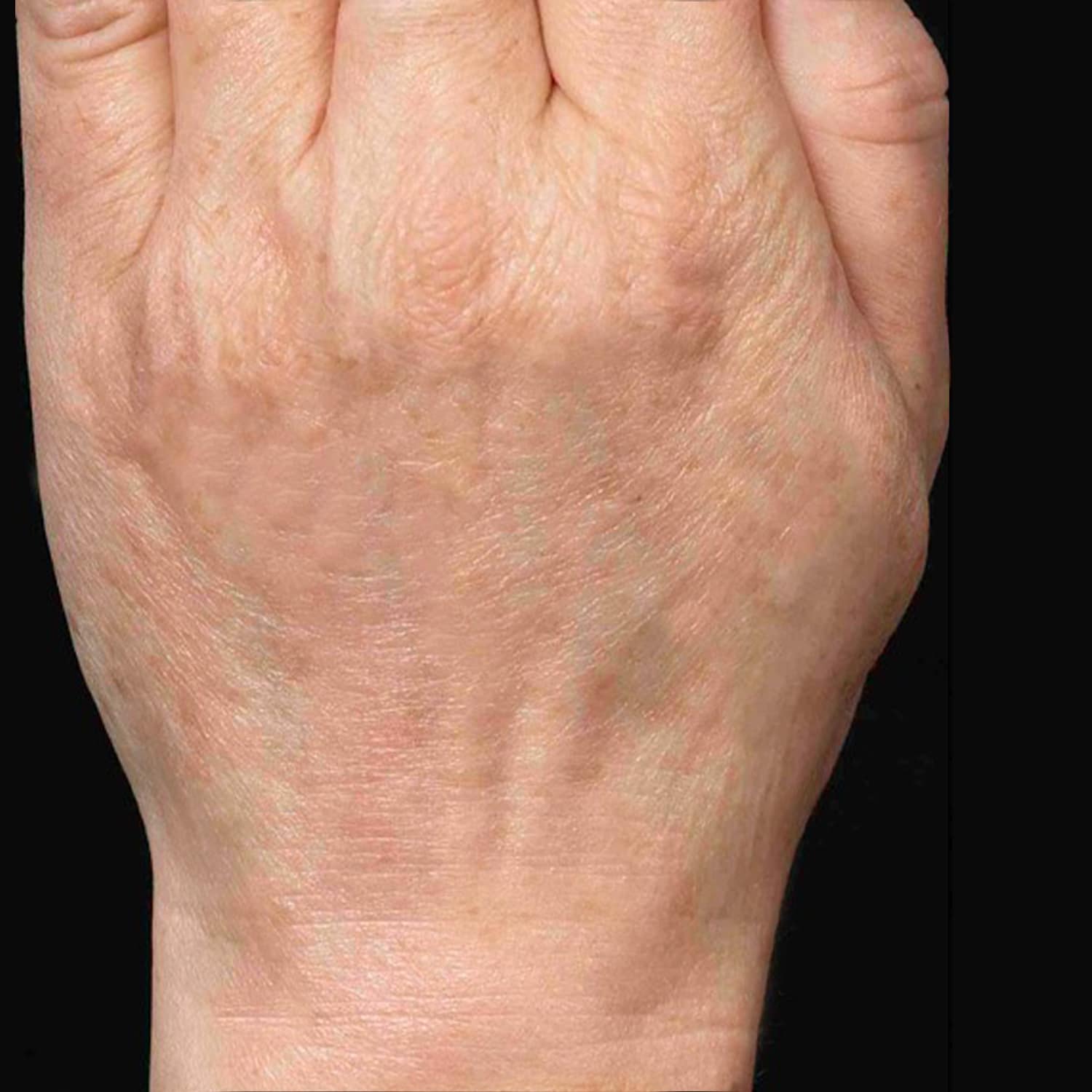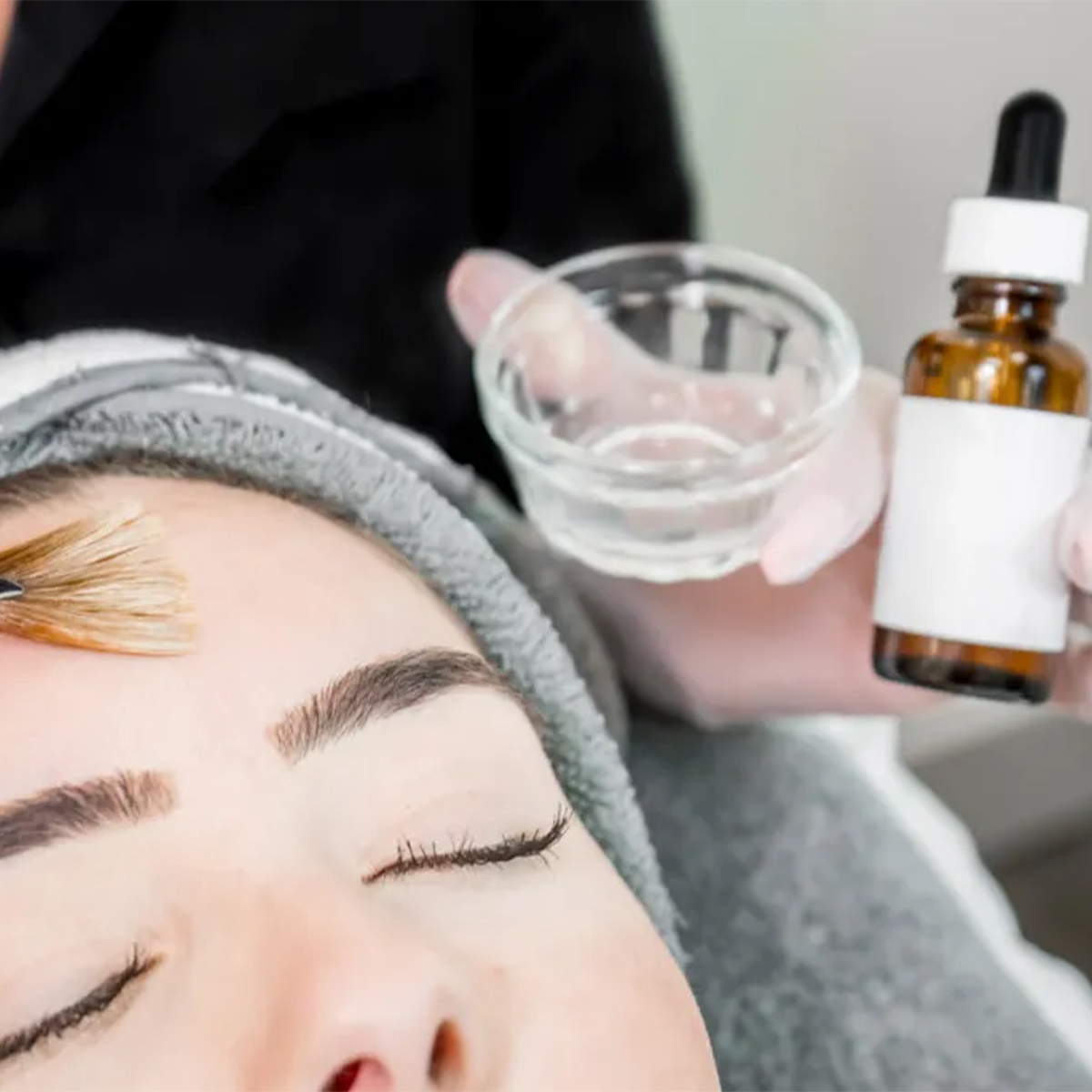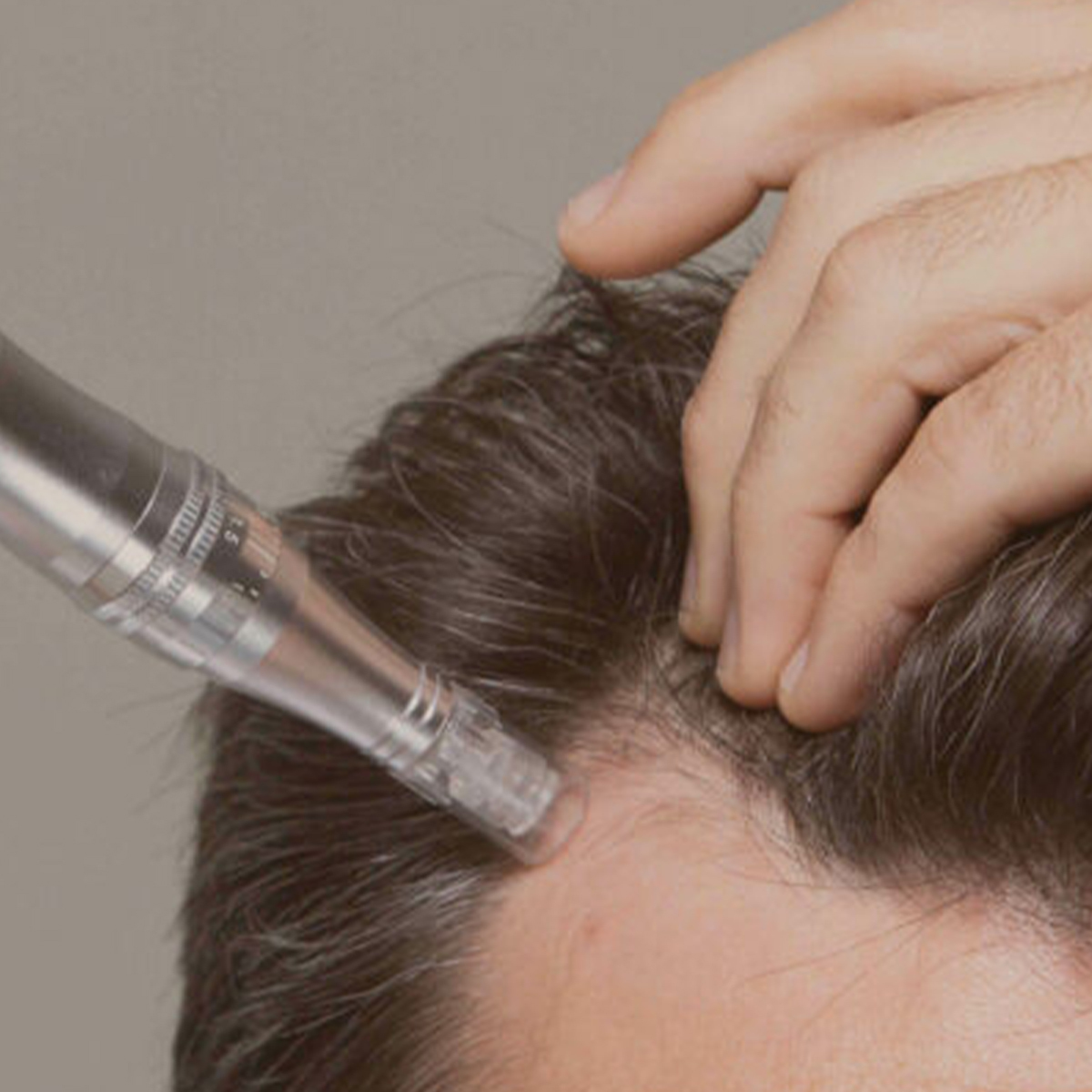Skin & Face
Hyperpigmentation
Skin Hyperpigmentation is the name of the patches of skin on your body that are darker than your natural skin tone. The darkened skin patches are caused by the overproduction of the brown pigment, melanin, in your body.
Causes
- Too much melanin production or excess melanin
- Prolonged exposure to sunlight
- Post-inflammatory hyperpigmentation
- Medical conditions
Indications
- Age spots
- Discolored patches of skin
- Raised dark patches


Treatments
- Chemical Peel
- Stem Cells
How does it work & Benefits
It is a non-surgical cosmetic procedure, used to improve the appearance of the skin in general and eliminate wrinkles. It works on peeling the outer layers of the skin and renewing skin cells by applying a combination of several chemicals and acids to the area to be peeled in varying degrees
Benefits:
- Treating acne and acne scars.
- Elimination of dark spots and dark circles
- Treatment of minor and medium wrinkles
- Treating irregular skin color
- Treating damage caused by exposure to sunlight

Pre & Post
• Avoid exfoliating and laser treatments for at least 5 – 7 days
• Avoid tanning 1 week before the procedure.
• Do not use any waxing or hair removal creams 7 – 10 days before treatment
• Avoid using homecare that contains acids or whitening.
• Do not wash your face for at least 4 hours after treatments.
• Avoid scrubbing your face. Use a mild facial wash and pat gently dry.
• Avoid waxing facial hair for 7 days after treatment.
• Avoid direct sunlight for at least 1 week and use sunblock with SPF 50 or greater.
FAQ
Depending on the case and the type of peel used
Average from four to six months but could last longer depending on the type of peel
Side Effects
- Treated skin will be red
- Dryness and mild irritation will be noticed
- Gradual peeling is expected
Regenerative Treatment: Stem Cells & SVF Therapy
How It Works:

Pre & Post
• Applying Cream Products
• before at least 2-3 days should
• be avoided
• Alcoholic take should be
• avoided
• Vitamin E & Ginko Biloba
• intake should be avoided
• Painkillers intake should be
• avoided
• Pregnant\Breast feeding women
• aren’t recommended to do this
• procedure
• Touching treated areas should be avoided to minimize the risk of infection
• Do not wash your face or apply any product for 6 hours after the procedure
• Sun Exposure should be avoided
• Waxing & Bleaching should be avoided for 5 days
FAQ
Immediate results of a plumper and rejuvenated skin will be observed after the first treatment. A 6 month treatment is recommended
Results last 6 month
Side Effects
Stem cell treatment is considered one of the safest medical options, thanks to its low risk profile. This treatment uses cells taken from the patient’s own body, eliminating the risk of rejection or allergic reactions. The procedure is also minimally invasive, without the need for surgery or a long recovery period.
Some patients may experience mild pain or discomfort for a few days after the treatment, but unlike traditional surgical procedures, it does not affect mobility or daily activities. Furthermore, there is no significant risk of blood clots or infection, which are common post-operative problems.
Importantly, if the treatment is ineffective in a particular case, it causes no harm, and all other treatment options remain available without hindrance.
